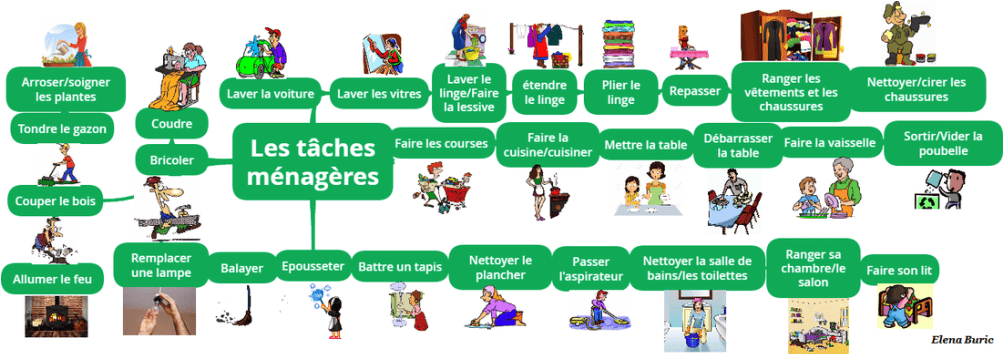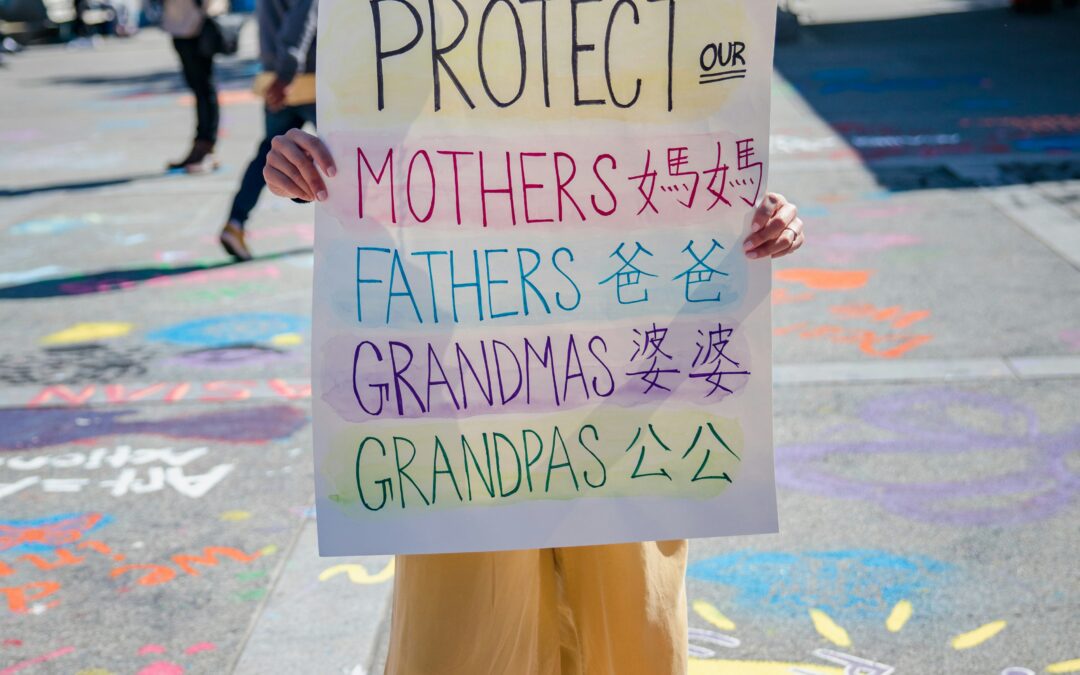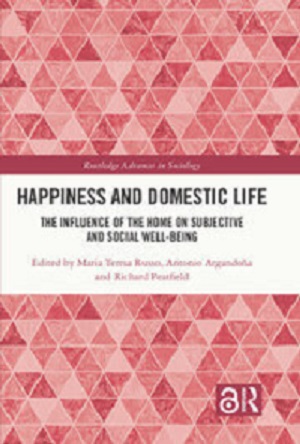
by Christine Marlet | May 16, 2024
Colonialism deeply impacted traditional gender identities and roles that existed in Africa before colonial inception, and the colonialists classified traditional gender identities and roles in the Sub-Sahara region as primitive, resulting in new policies enacted to change and control gendered norms and sexual cultures of the region (Berger, 2003).

by Christine Marlet | Mar 13, 2024
household chores are necessary tasks but perceiving the amount of time spent on these tasks as unfair can produce long-term negative consequences on health, well-being, and relationship quality. A key contribution of this study stems from introducing participants’ socio-economic status as a factor to determine specifically who are more likely to perceive household chores hours as unfair. Daily stress and depleted psychological resources may be necessary to understand why perceived fairness differs according to socio-economic status

by Christine Marlet | Nov 13, 2023
The first European Union Survey on Violence against Women (EU-VAW) released in 2014 revealed that the world’s most egalitarian countries have relatively high rates of Intimate Partner Violence Against Women (IPVAW).How is the situation today

by Christine Marlet | Sep 20, 2023
he sexual revolution has liberated us to enjoy a heady mixture of erotic freedom and personal autonomy. Right?
Wrong, argues Louise Perry in her provocative new book. Although it would be neither possible nor desirable to turn the clock back to a world of pre-60s sexual mores, she argues that the amoral libertinism and callous disenchantment of liberal feminism and our contemporary hypersexualised culture represent more loss than gain

by Christine Marlet | Sep 5, 2023
This book uses a multidisciplinary approach to examine the relationship between the quality of domestic life and the home environment, in its material and relational dimension, with individual and social happiness, in the context of current changes.







Commentaires récents